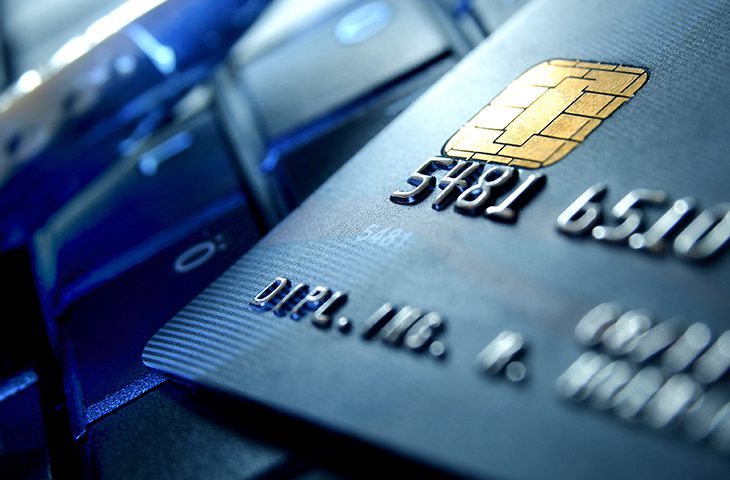This posting is from the CEO of UK-based ai corporation, a 20 year old fintech specializing in risk management and analytics. While the title indicates a fuel card (also known as fleet) focus, in effect the subject has a rather broader application across retail payments using card-based schemes for FIs, or any regulated payments service provider navigating the nascent 4th industrial revolution.
‘There are more and more payment types in the market place, including (amongst others) biometrics, wearable devices, contactless and mobile……Personally, I’m not sure the payment methodology itself really matters: research shows us that what is important is the customer experience and what the customer really wants…..Doug Stephens, founder of Retail Prophets, suggests: “We will see more disruption in the next 10 years of retail than we did in the previous 1,000”. He also goes on to suggest that one of the key changes will be a considerable increase in payments transparency.’
So with regard to fleet/fuel, one of the challenges is how to effectively service consumers, but perhaps more importantly the always troublesome small businesses, especially on the credit product side. The author argues that speed, transparency and customer recognition will rule.
‘In the case of the fuel card market, it doesn’t take a great leap to see vehicle recognition, as well as customer recognition, playing a part in the future for payments….In such a scenario (already played out in markets such as Israel, Turkey and the Gulf states), the vehicle becomes the payment device, with some manufacturers already piloting these types of technologies. It would not take too much to link a payment solution to a speed camera.’
One must always recognize that fuel/fleet is primarily a closed-loop specialty market, so the ongoing value question around spending access and breadth in open loop versus detailed transaction records remains a debate. But the ‘how many cards should I carry’ question is rapidly disappearing, so bring on the next 5-10 years.
‘That inevitably brings us back to my point about the retailer’s and issuer’s goals of maximising share of wallet. As fuel cards are a great case for “early adoption”, then you can look forward to some exciting opportunities to innovate in and capitalise on via payment transparency, and to the maximisation of both acceptance and share.’
Overview by Steve Murphy, Director, Commerical and Enterprise Payments Advisory Service at Mercator Advisory Group
Read the quoted story here
